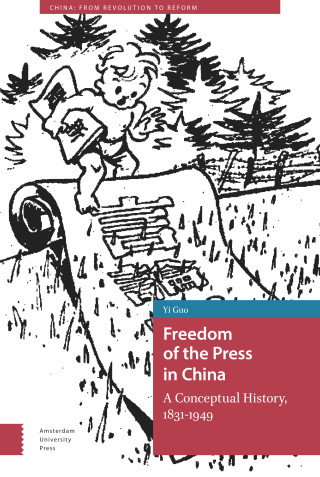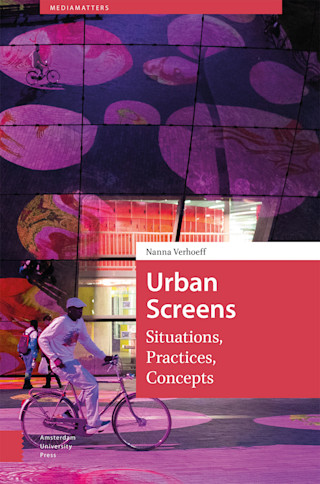Dedication page
About the volume
1. Introduction
1. 1. Irena Benyovsky Latin, Protagonists of Urban Order in Pre-Modern Times
2. Representing Urban Order
2.1. Zdenka Janekovi. Römer, Traditional and New Ways of Dubrovnik’s Noble Elite to Maintain Urban Order in the Fourteenth Century
2.2. Martina Stercken, Guardians of Urban Order? Autocratic Mayors in the Late Middle Ages: The Case of Hans Waldmann
2.3. Donatella Calabi, Magistrates of the Venetian Republic as Decision Makers and Executors Welcoming Foreigners to the City (Fifteenth – Sixteenth Centuries)
3. Transforming Spatial Order
3.1. Keith D. Lilley, Mythologising Cities and Kings: The Wessex burhs of King Alfred the Great
3.2. Rosa Smurra, Spatial Order and City Authorities in Thirteenth-Century Bologna
3.3. Francesco Panarelli, The Role of Female Monasteries in the Organization of Urban Spaces in Southern Italian Cities: The Case of Matera
3.4. Marco Cadinu, Urban Community and the Common Good Control over the Building Activities and Water Management in Southern Italy (Thirteenth – Fourteenth Centuries)
4. Changing Social Order
4.1. John Henderson, Plague and the Social Order in Early Modern Italy: Tuscany, 1630-1633
4.2. Peter Clark, Civil Society and Urban Order: Suggestions and Questions
4.3. Steinar Aas, Urban Order in the Early Years of Narvik (1902-1910)
5. Protagonists of Urban Order in a Diachronic Perspective
5.1. Michel Pauly, Protagonists of Urban Spatial Order in a Longue Durée Perspective: Example of the City of Luxembourg
5.2. Lauren.iu R.dvan, From Medieval Principality to Modern State: The Impact of Change on Towns in the Romanian Area
5.3. Thomas Riis, Perceptions of Urban Poverty and Good Polity in Denmark from the Black Death to 2021





